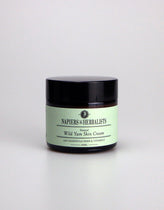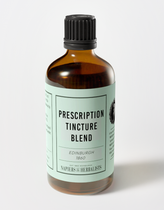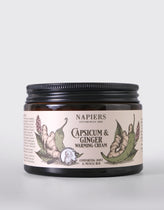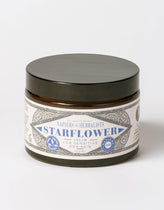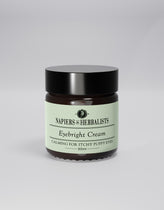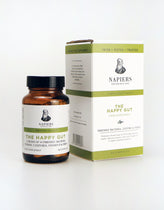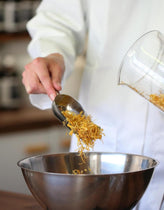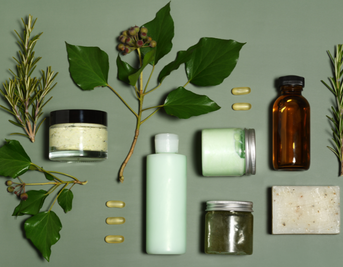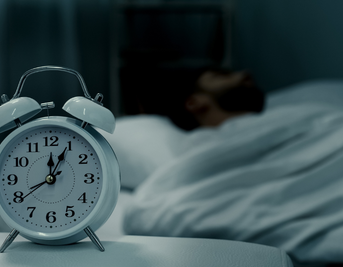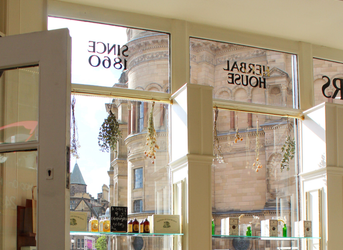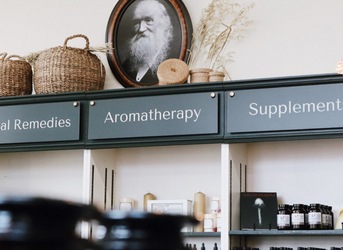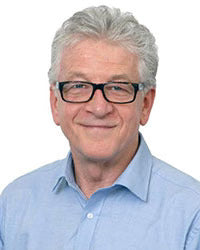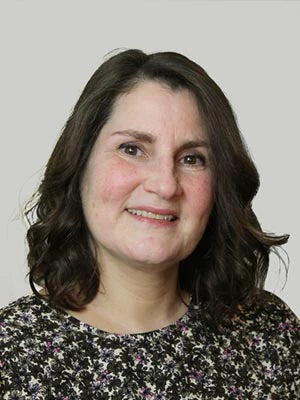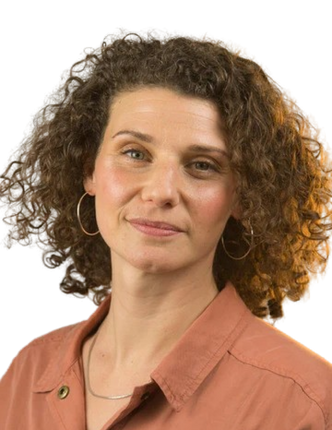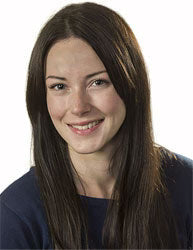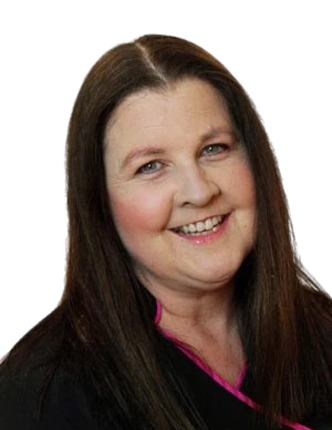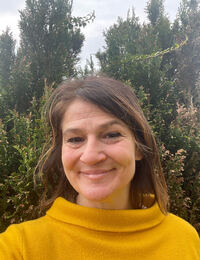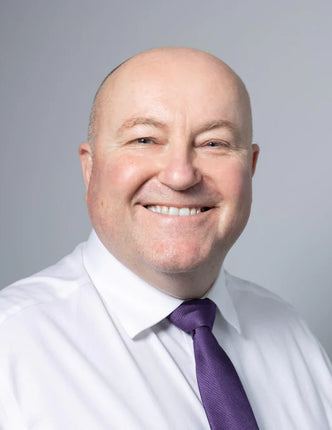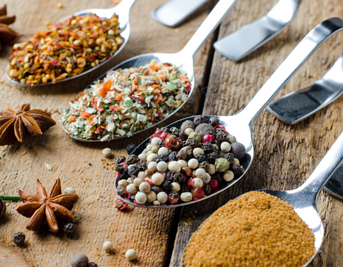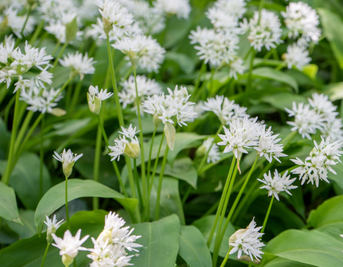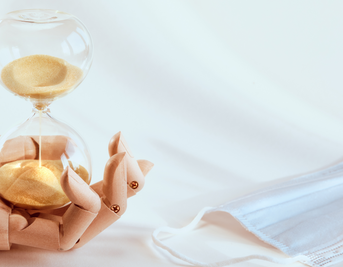Hypertension: Facts and Myths
by Dee Atkinson MNIMH
Napiers Edinburgh
One in every three adults in the UK has high blood pressure. About a third of these people do not know that they have it as there are no obvious symptoms and it is often only picked up when their GP checks blood pressure during a routine visit.
High blood pressure is increasingly perceived as an acceptable norm amongst older people. I often have patients tell me that they have no health problems only for them to reveal, later in the consultation, that they have high blood pressure but that it’s ok because their medicines manage it.
When we look at high blood pressure it is important that we understand what we are really talking about. Primary (essential) hypertension accounts for 90-95% of all cases and is the result of environmental or genetic causes. Secondary hypertension is the result of vascular, renal or endocrine disease and only accounts of (2-10%) of cases. This is mirrored in the global perspective of hypertension (WHO bulletin January 2014 data from national surveys), where Bangladesh has 19.6% prevalence and USA 34.5%. The UK sits at 31.2%. The definitions of hypertension differ slightly from country to country: in France if it is below 140/90 it is considered normal, and in the USA it is normal if below 120/80. In the UK, high blood pressure level is consistently at, or above, 140/90.
Because high blood pressure is regularly accepted as the clinical norm for an aging population, patients often just seem to accept that they have high blood pressure and that tablets are the only way to control it. Rather than seeing it as a barometer of overall health, it is seen as part of what happens as you get old. They accept that family and friends also have it, so therefore ‘it is ok’ and there is little that they can do to change it.
To change this perception, we need to challenge some of the myths about high blood pressure.
Once on high blood pressure medication you have to stay on it for life.
This is not true. Lifestyle changes can reverse the condition - as can herbal medicine.
A low salt diet will reduce high blood pressure.
This is not true. In only a small proportion of people does high salt intake trigger high blood pressure.
Low fat diets will reduce hypertension.
This is not true. In some cases, a low fat diet can lead to an imbalance of lipid profiles and can trigger obesity.
If you are genetically predisposed to high blood pressure then there is nothing that can be done.
This is not true. Lifestyle changes can help.
If you lower your systolic pressure you are ok.
This is not true. You need to lower both pressures, and it is important to monitor the pulse pressure. This is the numerical difference between the two figures. It should be about 40 ie SBP 120 minus DBP 80 = 40. This is the pulse pressure.
Your BMI is the best indicator of whether or not you will get high blood pressure:
This is not true. The BMI on its own is a poor way to calculate one’s risk of high blood pressure or cardio vascular disease. It is possible to have a high BMI and a normal waist measurement but to be fit and active, e.g.: a lean fit muscular man. Your waist to hip ratio (WHR) is considered to be a more active measurement of future health problems.
Your waist to hip ratio is a measurement you can use to calculate whether or not you are at risk of developing high cholesterol, high blood pressure or cardiovascular disease.
You can find a WHR calculator here (imbed link http://www.memorialcare.org/events-education/waist-hip-ratio-calculator)
Complementary medicine cannot help with high blood pressure.
This is not true. Lifestyle advice and support, managing stress and using herbs can all help.
Heart disease and high blood pressure
While high blood pressure is an indicator in cardiovascular disease, it is not the only one. What is noticeable is that many of the indicators for high blood pressure are also indicators for cardiovascular disease. So we tend to find in clinical practice that the two go hand in hand, and often the patient who simply allows their high blood pressure to be ‘managed’ by drugs and who ignores lifestyle/diet issues will go on to develop complications and possibly cardiovascular disease.
Factors such as smoking, obesity, poor diet, stress and sleep apnoea contribute to both high blood pressure and cardiovascular disease. Like so many health issues, everything is interlinked and we need to look at the whole picture.
High Blood Pressure - How can you help yourself?
- Stop smoking: Smoking massively increases the risk of cardiovascular disease.
- Reduce alcohol to the occasional drink.
- Walk/cycle/garden for at least 40 minutes a day.
- Take time every day to relax, try and be kind to yourself.
- Work on a healthy waist to hip ratio.
- Aim for a healthy diet. 7 plus portions of fruit and vegetables each day. A mixture of colours and types. Use healthy fats (olive oil/coconut oil/organic butter)
- Eat fish in preference to meat and include a balance of healthy grains.
- Avoid coffee or limit yourself to one special cup per day.
- Reduce the amount of simple carbohydrates and try to avoid white foods (sugar/flour etc)
- Avoid all trans-fats (found mainly in snacks/fast foods and pre-packaged bakery goods)
Herbal Medicine and High Blood Pressure
Always seek advice from a qualified medical herbalist before embarking on a programme of herbal medicine.
Managing high blood pressure with herbs is best approached as part of an overall strategy taking in lifestyle, diet and health. As with the treatment of many health conditions, looking at the combination of all of these factors is likely to prove most effective.
A herbalist will blend together a prescription of herbs that will probably change over the months of treatment. Self-treatment for high blood pressure is rarely successful and it is important that your progress is monitored by a qualified herbal practitioner. Often, herbs will be used alongside any current medication and it may be possible to reduce or stop some medication.
Herbs that can be used in managing high blood pressure include:
Hawthorn flowering tops (Crateagus sp.): you need a large dose, up to 40mls of a 11:3 tincture per week or a therapeutic dose of herb tea, which is 10oz of herb to a pint of water. Hawthorn is a peripheral vasodilator, as well as having a protective action on coronary arteries.
Lime flowers (Tilia europea): a gentle vasodilator and a herb that helps the body to manage stress, especially emotional stress.
Cramp bark (Viburnum opulus): a smooth muscle relaxant, especially suitable if the person suffers from stress and tension.
Yarrow (Achillea millefolium): a vasodilator that is especially useful for patients who have symptoms of hardening of the arteries.
Aloe vera: Healthy gut flora contributes to blood pressure management. 5 to 10 mls per day
Ginkgo (Ginkgo biloba): a peripheral vasodilator, this is a herb to use with care if taking any other blood pressure medication.
Garlic juice (Allium sativa): will improve the elasticity of blood vessels, as well as helping to lower cholesterol levels.
Nettle leaf (Urtica dioica): will help to reduce uric acid in the body and this may have an effect on reducing blood pressure.
Dietary supplements for high blood pressure: (always seek advice before using)
Folic acid: (especially if there are high homocysteine levels)
Vitamin B complex: take with folic acid if high homocysteine levels or if patient under stress.
Vitamin E: helps reduce homocysteine levels.
Omega 3 EFA: use evening primrose oil or fish oils. If on blood thinning medication use with care
Magnesium
Vitamin D
Turmeric: helps to reduce systemic inflammation.
Some recent studies looking at the ‘thrifty gene’ theory (the idea that the body is genetically programmed to store fat, our modern diets sending this into overdrive, leading to obesity linked diseases such as high blood pressure, diabetes type 2 and heart disease), have hit on the relationship between uric acid levels in the body and high blood pressure. A small study by Johnson and Frig (2008 Journal of American Medical Association), showed that use of a uric acid lowering drug (allopurinol), caused blood pressure to drop in 85% of tested subjects. We know that herbs such as Nettle leaf and Dandelion leaf reduce uric acid load in the body, as well as nettle helping to manage type 2 diabetes. I would suggest that Nettle and Dandelion leaf should always be considered when using herbs to manage high blood pressure.

